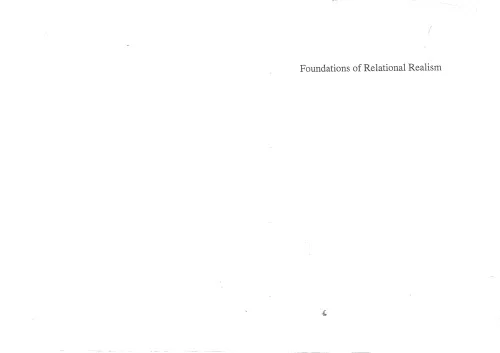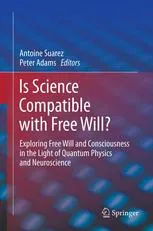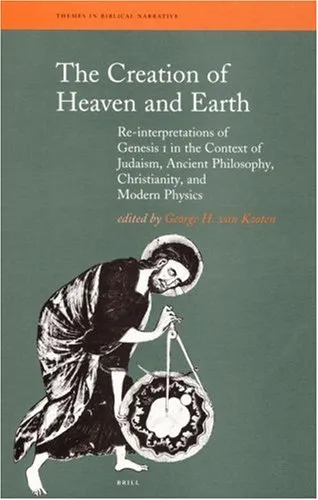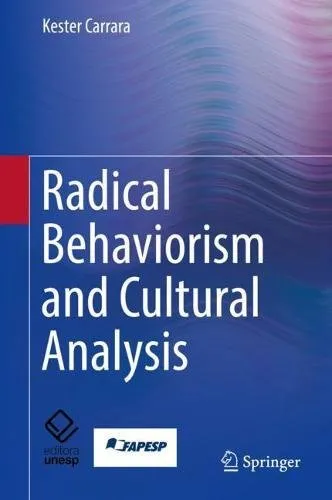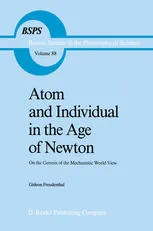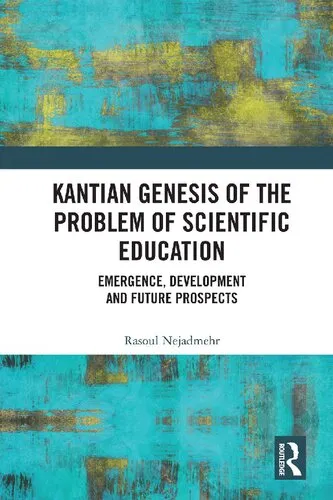Thinking Again: Education After Postmodernism (Critical Studies in Education and Culture Series)
4.0
بر اساس نظر کاربران

شما میتونید سوالاتتون در باره کتاب رو از هوش مصنوعیش بعد از ورود بپرسید
هر دانلود یا پرسش از هوش مصنوعی 2 امتیاز لازم دارد، برای بدست آوردن امتیاز رایگان، به صفحه ی راهنمای امتیازات سر بزنید و یک سری کار ارزشمند انجام بدینکتاب های مرتبط:
معرفی کتاب «Thinking Again: Education After Postmodernism»
کتاب «Thinking Again: Education After Postmodernism» نوشته نایجل بلیک، پل اسمِیرز، ریچارد اسمیت و پل استَندیش یکی از آثار کلیدی در حوزه نقد نظریههای آموزشی و فرهنگی معاصر است. این کتاب، تلاش میکند تا آموزش و پرورش را از دریچهای انتقادی که پسامدرنیسم فراهم کرده است بازاندیشی کند. مخاطبان این کتاب، هم دانشگاهیان علاقهمند به فلسفه آموزش و هم متخصصین حوزه سیاستگذاری آموزشی هستند که به دنبال افقی جدید برای آموزش و یادگیری میگردند.
خلاصهای از کتاب
در کتاب «Thinking Again: Education After Postmodernism»، نویسندگان بر شیوههایی تمرکز میکنند که نظریههای پسامدرنیسم توانستهاند آینده آموزش را تحت تأثیر قرار دهند و به چالش بکشند. این اثر به بررسی مفهوم حقیقت، نقش اخلاق در یادگیری، و چگونگی طراحی سیاستهای آموزشی میپردازد. کتاب در تلاش است تا به این پرسش پاسخ دهد که چگونه میتوان نظام آموزشیای ساخت که نهتنها به بهرهوری توجه دارد، بلکه به نیازهای خلاقیت و تفکر انتقادی نیز پاسخ دهد.
مؤلفان با استفاده از case studies و تحلیلهای فلسفی دقیق، نشان میدهند که چگونه ایدههای پسامدرن به ما کمک میکنند تا دوباره نقش آموزش در جامعه و فرهنگ را بفهمیم. در این مسیر، ارتباط میان زبان، معنا، و آموزش بهدقت تحلیل شده است و بر تأثیر فناوریهای نوین بر آموزش نیز تأکید شده است.
نکات کلیدی کتاب
- نقش پسامدرنیسم در بازسازی روایتهای سنتی آموزشی.
- اهمیت نقد ایدئولوژیهای غالب در سیاست آموزش و پرورش.
- تأکید بر نیاز به رویکردهای چندجانبه برای حل مسائل پیچیده آموزشی.
- بررسی رابطه میان معلم، دانشآموز و جامعه در فضای پسامدرن.
- تحلیل اخلاق و سیاستهای آموزشی از دریچهای نوین.
جملات معروف از کتاب
«Postmodernism does not deny reality but challenges the ways we have come to structure and understand it.»
«Education is not merely the transmission of knowledge; it is the cultivation of the self within a community.»
چرا این کتاب مهم است؟
اهمیت این کتاب در تحلیل عمیق آن از تعامل میان نظریه و عمل در آموزش و پرورش است. در دنیایی که با سرعت در حال تغییر است، «Thinking Again: Education After Postmodernism» کمک میکند به بازنگری اساسی در سیاستگذاریهای آموزشی و همچنین بازنگری در خود مفهوم یادگیری و آموزش. این کتاب نگاهی تازه به آیندهای دارد که در آن آموزش و یادگیری میتوانند به معنای واقعی کلمه نیرویی برای تغییر باشند.
Introduction to "Thinking Again: Education After Postmodernism"
"Thinking Again: Education After Postmodernism" is a profound exploration that grapples with the implications of postmodern thought on education, pedagogy, and culture. Authored by Nigel Blake, Paul Smeyers, Richard Smith, and Paul Standish, this book emerges as a critical voice in understanding how education should evolve in a world increasingly shaped by postmodern ideas. By questioning long-held assumptions and addressing how postmodernism has reshaped society's understanding of knowledge, meaning, and individual identity, it opens up new possibilities for rethinking the educational landscape.
The book challenges both traditionalist views and uncritical embraces of postmodernist perspectives. It provides readers with a nuanced lens to consider the implications of cultural and intellectual shifts for the education sector. At its core, "Thinking Again" seeks to engage educators, philosophers, policymakers, and researchers in a reflective dialogue about the enduring purpose of education in a complex, fragmented age.
Detailed Summary
The book is structured around a series of thought-provoking discussions tying together philosophy, education theory, and cultural critique. It begins by unpacking the essence of postmodern thought, particularly its skepticism toward metanarratives, objective truths, and universal meaning. The authors delve deep into the relevance of these changes for education, asking whether traditional educational aims—such as the transmission of knowledge, cultivation of critical thinking, and formation of individuals—remain viable in a fractured intellectual context.
Throughout the book, Blake, Smeyers, Smith, and Standish engage with key postmodern philosophers, including Jacques Derrida, Michel Foucault, and Jean-François Lyotard. They draw on these thinkers to interrogate fundamental questions: What does it mean to "educate" someone in the postmodern era? How can teachers and students engage with truth and knowledge if such concepts are unstable? What responsibilities do educators bear in a pluralistic and relativistic society?
The authors advocate for moving beyond simplistic "for or against" stances on postmodernism. Instead, they urge readers to adopt a reflective approach that incorporates careful critique and thoughtful application. By integrating philosophical insights with real-world examples and educational practices, the book highlights both the challenges and opportunities brought about by postmodernism, inviting a reconsideration of key educational values and goals.
Key Takeaways
Here are some pivotal insights from "Thinking Again: Education After Postmodernism":
- Postmodernism's influence on education challenges traditional notions of authority, certainty, and objectivity.
- Rather than rejecting postmodernism wholesale, educators can critically engage with its ideas to enrich their practices.
- The book emphasizes the importance of dialogue and reflection in addressing the complexities of contemporary education.
- It suggests that education must embrace uncertainty and diversity as strengths rather than weaknesses.
- The ultimate goal of education remains rooted in fostering responsible, reflective individuals who can navigate a rapidly changing world.
Famous Quotes from the Book
"Education must reckon with a fractured reality, yet it must also serve as a space for coherence, dialogue, and reflection."
"Postmodernism unsettles traditional notions of truth, but it also invites us to rethink what counts as knowledge and why it matters."
"In the face of relativism, education must insist on cultivating responsibility without falling into dogmatism."
Why This Book Matters
"Thinking Again" is no ordinary book on education. It confronts the challenges of our time with a rare blend of philosophical rigor and practical insight, making it essential reading for anyone grappling with the purpose and direction of education today. By addressing the profound questions raised by postmodernism, the book equips its readers with tools to navigate the shifting cultural and intellectual terrain effectively.
Its importance lies in its refusal to offer easy answers. Instead, the authors encourage educators, policymakers, and philosophers to remain open, critical, and reflective. In doing so, they underscore how education can continue to serve as a beacon of hope and transformation, even in an age that questions longstanding certainties.
In an era marked by cultural fragmentation, rapid technological changes, and widespread inequities, "Thinking Again" stands as a guiding light—a call for educators to revisit the first principles of their craft, engage with complexity, and embrace the transformative power of learning.
دانلود رایگان مستقیم
شما میتونید سوالاتتون در باره کتاب رو از هوش مصنوعیش بعد از ورود بپرسید
دسترسی به کتابها از طریق پلتفرمهای قانونی و کتابخانههای عمومی نه تنها از حقوق نویسندگان و ناشران حمایت میکند، بلکه به پایداری فرهنگ کتابخوانی نیز کمک میرساند. پیش از دانلود، لحظهای به بررسی این گزینهها فکر کنید.
این کتاب رو در پلتفرم های دیگه ببینید
WorldCat به شما کمک میکنه تا کتاب ها رو در کتابخانه های سراسر دنیا پیدا کنید
امتیازها، نظرات تخصصی و صحبت ها درباره کتاب را در Goodreads ببینید
کتابهای کمیاب یا دست دوم را در AbeBooks پیدا کنید و بخرید
1359
بازدید4.0
امتیاز0
نظر98%
رضایتنظرات:
4.0
بر اساس 0 نظر کاربران
Questions & Answers
Ask questions about this book or help others by answering
No questions yet. Be the first to ask!
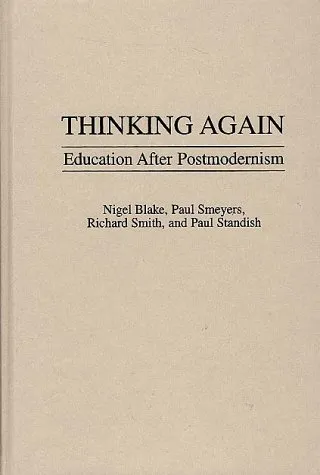

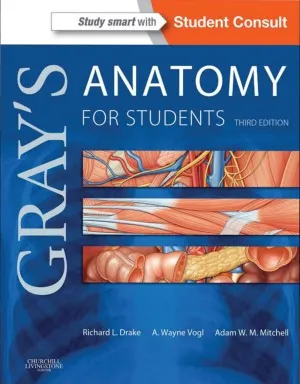
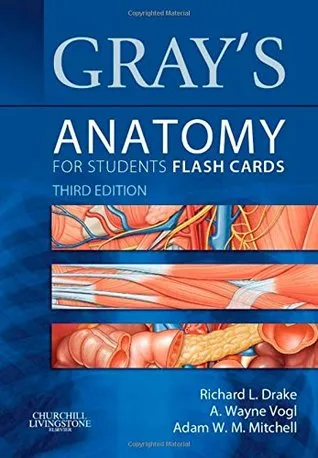
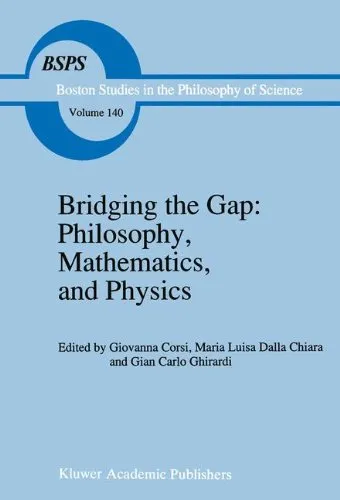
![The Mathematical Experience [Study Edn.]](https://s3.refhub.ir/images/thumb/The_Mathematical_Experience__Study_Edn_16194.webp)
